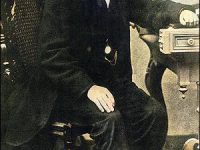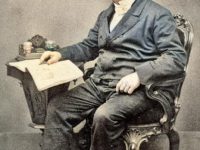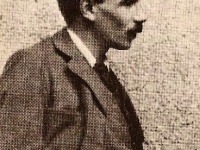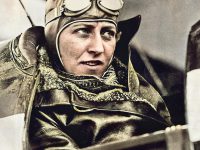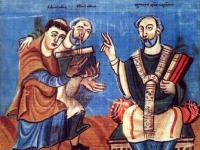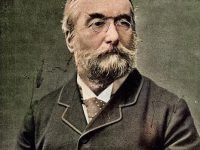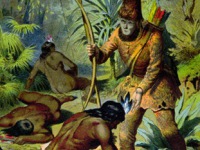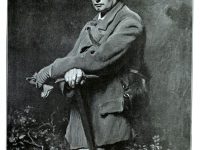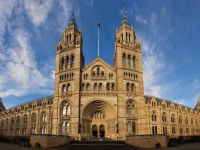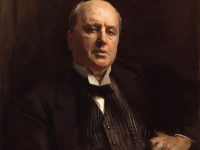Thomas Cook Invents Organized Tourism
On 5 July 1841, British pioneer of organized tourism Thomas Cook arranged to take a group of 540 temperance campaigners from Leicester Campbell Street station to a rally in Loughborough, eleven miles away. This led him to start his own business founding the world’s first and most famous travel agency. A Cabinet Maker and Baptist Preacher Thomas Cook came from a Baptist family. His parents John and Elizabeth Cook lived in simple…
Read more

